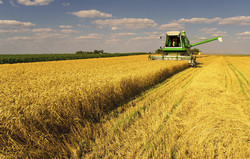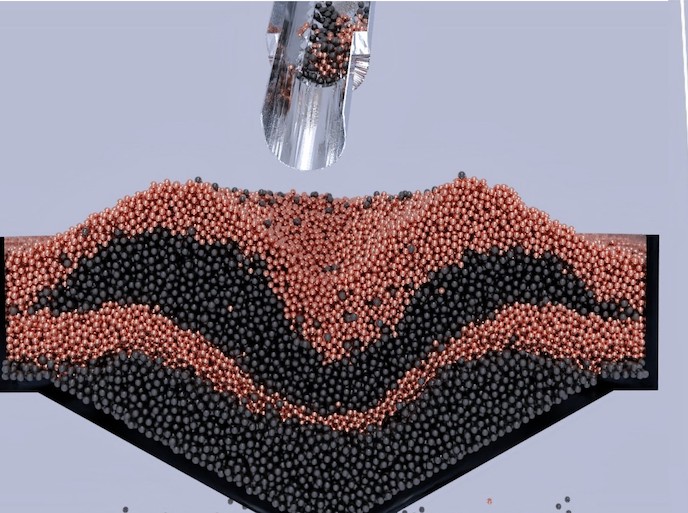Increased crop yield through genetics
Retinoblastoma-related protein (RBR) is a protein that controls assembly and disassembly of protein complexes within cells. It is responsible for signalling that regulates cell growth, differentiation and metabolism. Plants are equipped with DNA damage response (DDR) pathways to protect against environmental damage to DNA. The RBNET (Inference of RBR network and dynamic RBR complexes during leaf development) initiative investigated how the DDR pathway is connected to the RBR growth network. RBNET used Arabidopsis thaliana, a model plant species, to study these gene networks, hoping to apply the results to crop plants. Researchers discovered a novel function for RBR within the DDR network. This led to the discovery of a DDR pathway that is independent of the pathway as it is currently understood. They based this finding on the fact that removing the RBR leads to DNA damage, cell death and up-regulation of DDR genes. This research could lead to a better understanding of evolution and stress tolerance in plants. Ultimately, and more importantly, advances in this field could lead to improved crop yield.







